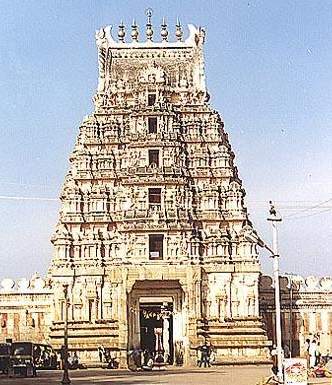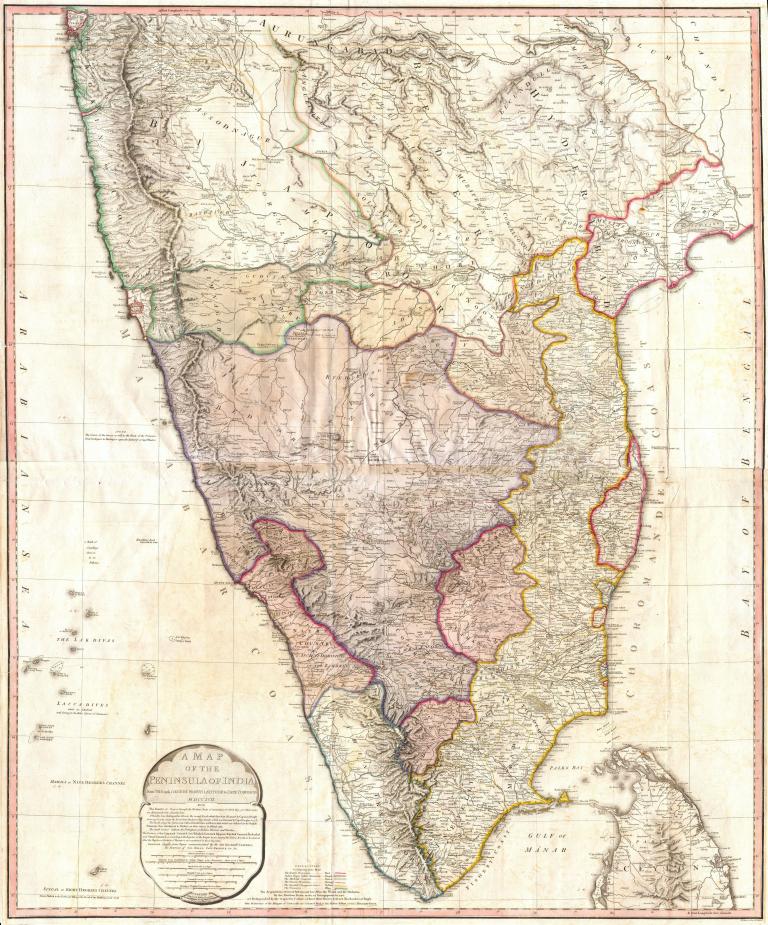Tipu Sultan Communal Harmony and Secularism

By Prof. Sheik Ali
(Former Vice Chancellor of Goa & Mangalore Universities)

An embodiment of Hindu-Muslim unity
There were two other temples, the Narasimha and the Gangadhareshwara, near the palace where daily pujas were offered, and they were never interfered with. The pagoda at Rayakottai received an allowance with Tipu, who completed the Gopur temple is Conjeevaram, whose foundation Haidar had laid in 1780. Tipu participated in the Celebration of its chariot festival. When his help was sought in solving a dispute of two sects of Melkote temple, he readily obliged, and his decision was accepted by both. In a compaign while attacking the fort of Dindigal, he ordered not to fire from the rare of the fort, as the Raja’s temple was located there. when some complaints were loged against his minister, Purnaiya, with an insinuation that the Brahmin Community was not trustworthy, he suddenly burst out on the allegation and quoted a Quranic verse saying for the fault of some one, do not accuse the whole community. His appointment of numerous Hindus to high offices falsify the wrong accusation that he was intolerant. Gandhiji wrote in Young India that he was an embodiment of Hindu-Muslim unity.
Impartial to all communities
It is also true that for political reason he was harsh on the Nairs of Malabar, the Christians of Mangalore and the Raja of Coorg, for they were allied with the British. If he was harsh on them he did not spare the Muslim mopillas and Mahdevis in the interest of law and order, peace and security. He was more friendly with the Marathas than with the Nizam. Srinivas Rao and Appaji Ram were entrusted with the important task of negotiating peace with other powers. Purnaiya held the Revenue and Finance portfolios. Krishna Rao was the Treasurer. Narsing Rao held a key post at Srirangapatna. Nagappaya a Brahmin, was the faujdar of Coorg. Hari Singh commanded a wing of Cavalry. Therefore, his policy was strictly secular.
Jacobin Club membership – “Citizen Tipu”
Another aspect which brings out his secular policy was his interest in French revolutionary ideas. A Jacobin Club of extreme revolutionary ideas of liberty, equality and fraternity was formed at Srirangapatna. There were 59 members of this club, one of whom was Tipu Its purpose was to introduce constitutional principles of democratic nature as enunciated in the Republic of France. He planted the tree of liberty in front of his palace, and called himself “Citizen Tipu”.
Humane treatment for prisoners
A clause in the proposed treaty of alliance with the French stated, ” I demanded that male and female prisoners as well English and Portuguese, who shall be taken by the republican troops or by mine, shall be treated with humanity, and with regard to their persons that they shall be transported at our joint expense out of India to some place for distant from the territories of the allies.”
In short Tipu was an enlightened ruler, the sheet-anchor of whose state-policy was the well-being of all his subjects irrespective of caste, creed or class. He took his stand on the bedrock of humanity, regarding all his subjects as equal citizen to live in peace, harmony and concord.

